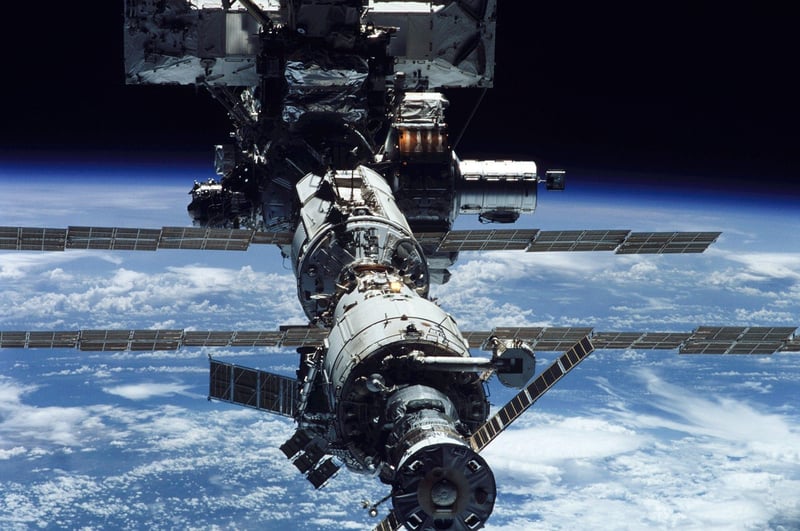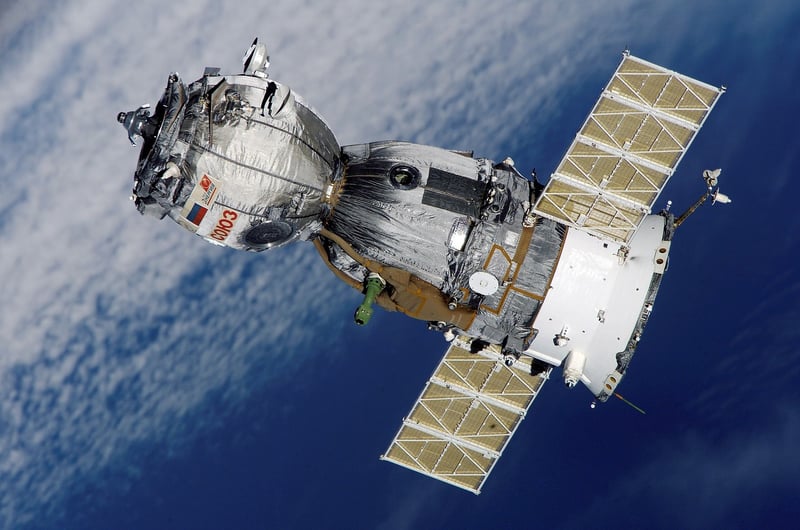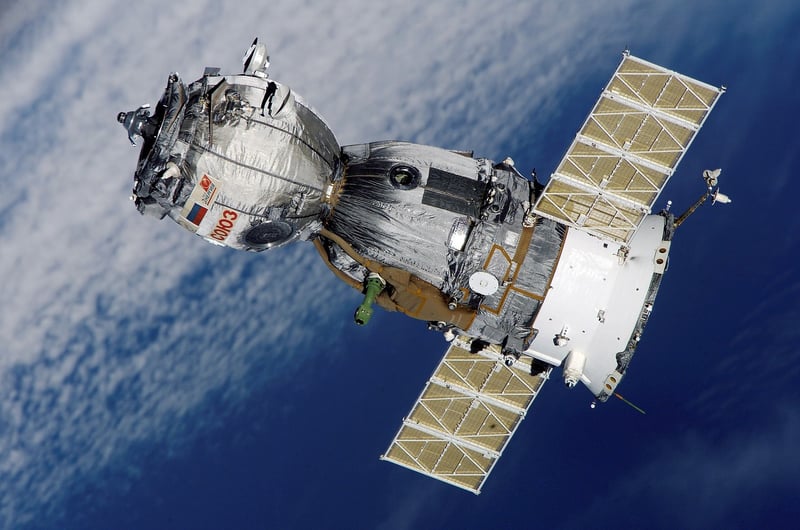Orbital Habitats
The Future of Habitats: Orbital Habitats
In the quest for innovative living spaces, the concept of orbital habitats has emerged as a fascinating possibility. These futuristic structures are designed to support human life in outer space, offering a unique perspective on living beyond Earth.
What are Orbital Habitats?
Orbital habitats are self-sustaining structures that orbit the Earth, providing living and working spaces for astronauts, researchers, and even tourists. These habitats are equipped with advanced life support systems, artificial gravity mechanisms, and sustainable resources to ensure long-term habitation.
Benefits of Orbital Habitats
- Research Opportunities: Orbital habitats enable groundbreaking research in fields such as space exploration, astronomy, and life sciences.
- Platform for Innovation: These habitats serve as platforms for testing new technologies and sustainable living practices in a unique environment.
- Space Tourism: Orbital habitats open up the possibility of space tourism, allowing civilians to experience life in outer space.
Challenges and Solutions
While the concept of orbital habitats holds great promise, there are challenges to overcome, such as radiation exposure, microgravity effects, and resource management. Scientists and engineers are actively working on solutions to address these challenges, including advanced shielding technologies, artificial gravity systems, and closed-loop resource cycles.
Future Outlook
The development of orbital habitats represents a significant step towards establishing a sustainable human presence beyond Earth. As technology advances and international collaboration grows, the dream of living in space may soon become a reality for future generations.
Excited about the future of orbital habitats? Check out some stunning images of conceptual space habitats below:


Explore more about the fascinating world of orbital habitats and stay tuned for the latest updates on space exploration and innovation!
